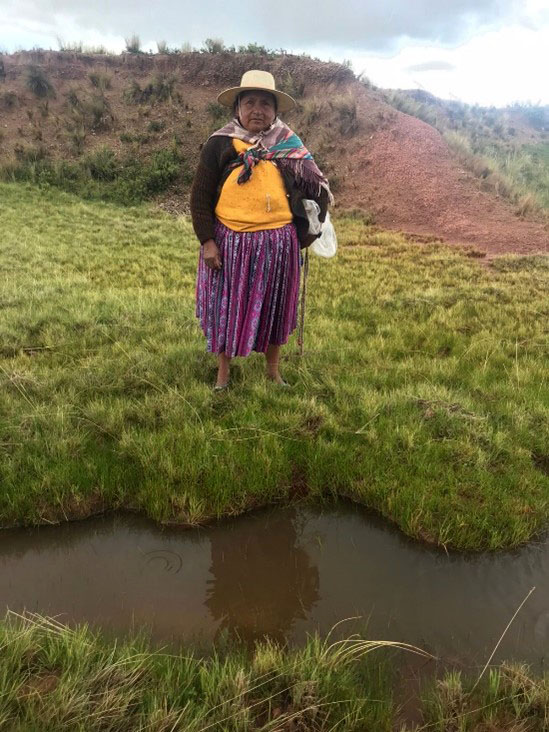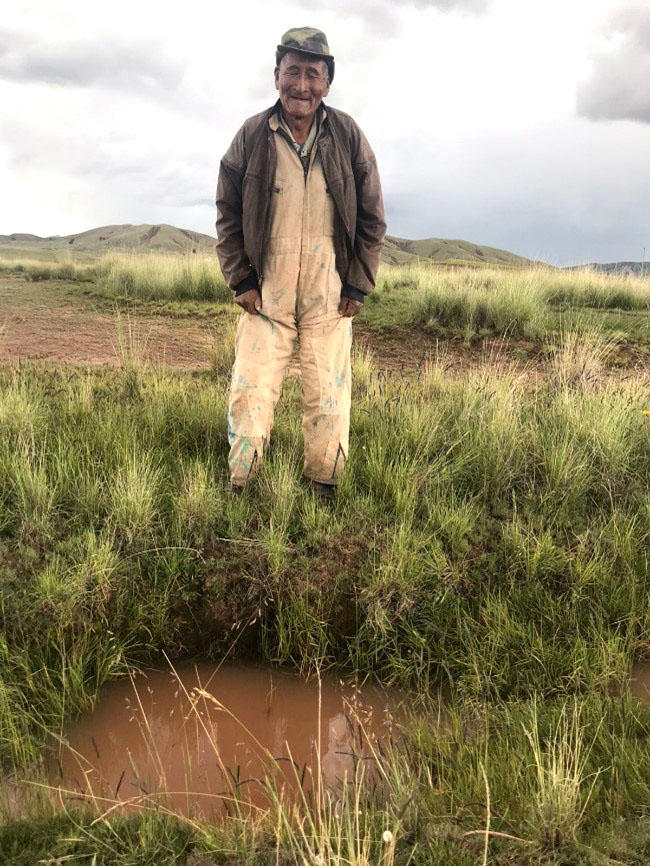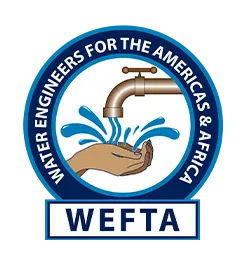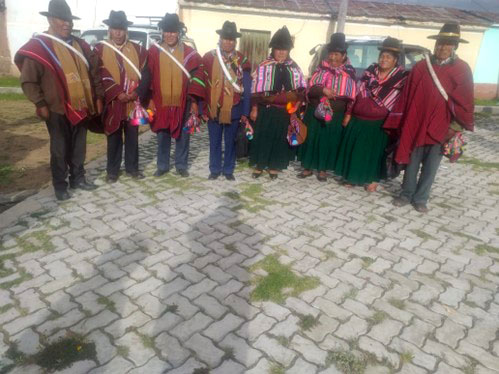The rural community of Chama Abajo is located at over 13,000 feet above sea level, in the Bolivian Altiplano.
The community members of Chama Abajo are faced with water source challenges. Their current water sources are open wells and small rivers susceptible to pollution from animals and wind. The water from these sources has high turbidity with algae, insects, and frogs growing in it. This contamination results in gastrointestinal diseases, which particularly afflict young children and the elderly. Additionally, a typical family is forced to carry water from these sources – on foot – long distances daily. This burden falls hardest on women, the elderly, and children, who are traditionally responsible for collecting, carrying, and storing water.
All this is about to change for 11 families of the community of Chama Abajo.
The installation of manual hand pumps is underway. In collaboration with our in-country partners, Suma Jayma, this project includes the installation of manual hand pumps for 11 families in addition to training on operations and maintenance of these new hand pumps, and improved water use and hygiene education.
WEFTA has been working with Suma Jayma for almost 20 years supporting water, sanitation, and health education initiatives in the Bolivian Altiplano. During this time almost eleven thousand lives have been positively impacted through improvements to their wells and the installation of manual hand pumps.



